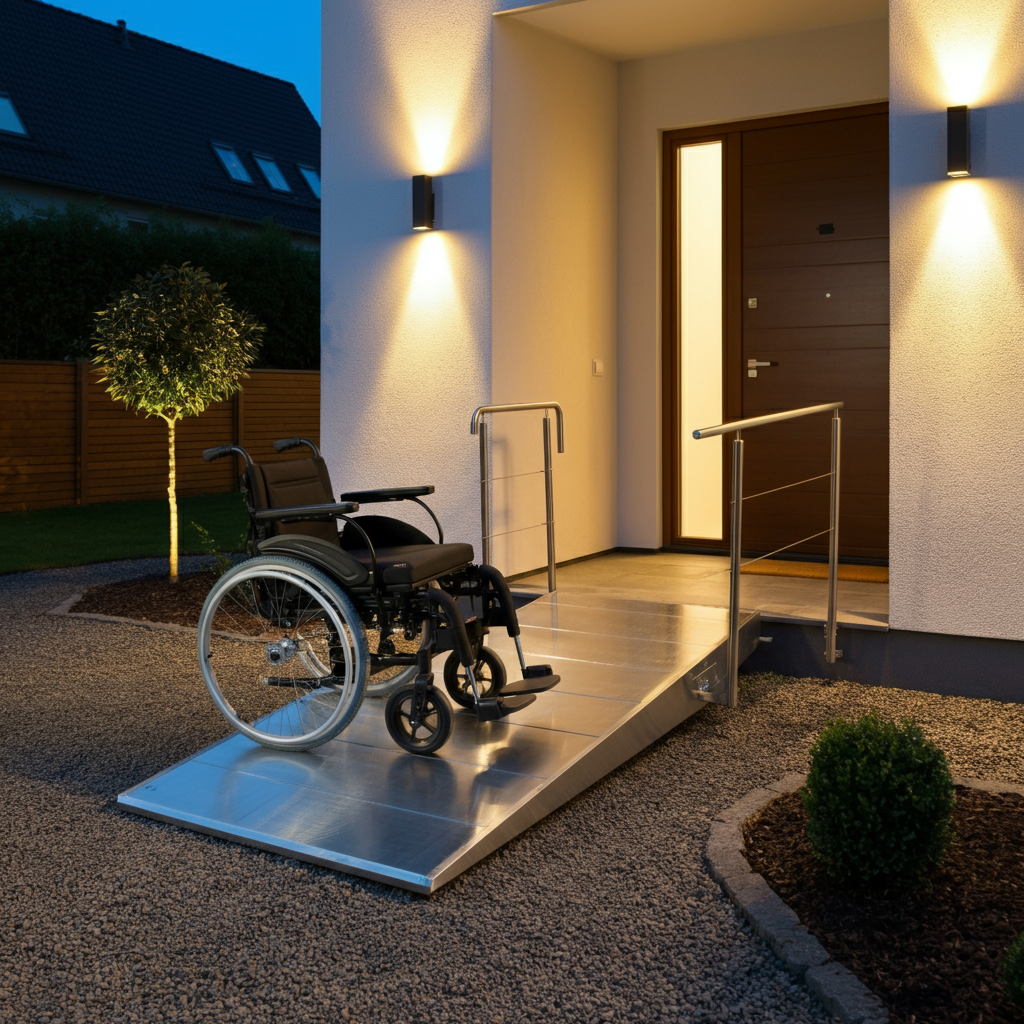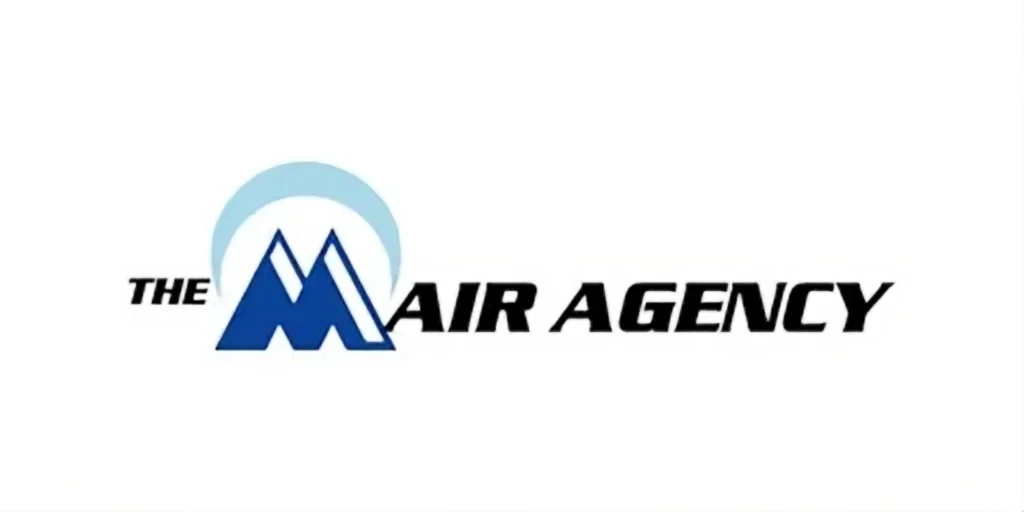If you or a loved one uses a wheelchair, you know that comfort and proper support make all the difference. A good wheelchair cushion isn’t just about comfort—it can prevent serious health problems like pressure sores and help maintain proper posture. But when you’re on Medicare, the big question is: Will Medicare pay for wheelchair cushions?
The answer is yes, but with some important rules and requirements. Understanding these rules can help you get the cushion you need without unexpected costs. Let’s break down everything you need to know about Medicare coverage for wheelchair cushions.

Learn More About Coverage With Our Free Medicare Course
Understanding Medicare’s Approach to Wheelchair Cushions
Medicare treats wheelchair cushions as Durable Medical Equipment (DME). This means they’re considered medical devices that can be used repeatedly and are primarily used for medical purposes. However, not every cushion qualifies for coverage.
To get Medicare coverage for a wheelchair cushion, three main conditions must be met:
- Medical Necessity: A doctor must determine that the cushion is medically necessary for your health condition
- Proper Documentation: Your healthcare provider must provide specific paperwork and justification
- Medicare-Approved Supplier: The cushion must come from a Medicare-approved supplier
The key thing to remember is that Medicare doesn’t cover cushions just for comfort. They must be medically necessary to treat or prevent a health condition.
Types of Wheelchair Cushions Medicare Covers
Medicare recognizes several different types of wheelchair cushions, each designed for specific medical needs:
General Use Cushions
These basic seat and back cushions are covered if you have a qualifying wheelchair and need additional support. Medicare will only cover these if you already have a Medicare-covered wheelchair with a sling or solid seat that meets their requirements.
Skin Protection Cushions
These specialized cushions help prevent pressure sores (also called pressure ulcers). Medicare covers these if you:
- Currently have pressure sores
- Have reduced feeling in your seating area
- Are at high risk for developing pressure sores due to your medical condition
Real Example: Sarah, a 68-year-old with diabetes, developed reduced sensation in her legs. Her doctor prescribed a skin protection cushion to prevent pressure sores, which Medicare covered because her diabetes put her at high risk.
Positioning Cushions
These cushions help people who have trouble maintaining proper posture while sitting. Medicare covers positioning cushions for people with:
- Spinal cord injuries
- Cerebral palsy
- Significant postural problems
- Other conditions that affect sitting posture
Combination Cushions
Some cushions provide both skin protection and positioning support. If you meet the requirements for both types, Medicare may cover a combination cushion.
Custom-Made Cushions
In special cases, Medicare will cover custom-fabricated cushions. However, this requires extensive documentation proving that standard cushions won’t meet your medical needs.
What You Need to Get Coverage
Getting Medicare to cover your wheelchair cushion requires proper documentation and following the right steps:
Doctor’s Prescription
Your doctor must write a detailed prescription that includes:
- Why you need the cushion
- What type of cushion is required
- How the cushion relates to your medical condition
- Expected duration of need
Medical Records
Your healthcare provider needs to document:
- Your diagnosis and medical history
- Previous treatments tried
- Why the cushion is necessary for your condition
- How the cushion will help your medical situation
Medicare-Approved Supplier
You must get your cushion from a supplier that participates in Medicare. Using a non-participating supplier means you’ll pay full price out of pocket.

How Much Will You Pay?
Even when Medicare covers wheelchair cushions, you’ll typically still have some costs:
- Medicare Part B Deductible: You’ll need to meet your annual deductible first
- 20% Coinsurance: After the deductible, you’ll usually pay 20% of the Medicare-approved amount
- Supplier Charges: Some suppliers may charge more than Medicare’s approved amount
Money-Saving Tip: Choose a supplier that accepts “assignment,” meaning they agree to accept Medicare’s approved amount as full payment. This prevents surprise extra charges.
Common Reasons Medicare Denies Coverage
Understanding why Medicare sometimes denies coverage can help you avoid problems:
Lack of Medical Necessity
Medicare won’t cover cushions for comfort alone. You must have a documented medical need.
Missing Documentation
Incomplete paperwork or missing doctor’s orders will result in denial.
Wrong Type of Cushion
The cushion type must match your specific medical needs as documented by your doctor.
No Qualifying Wheelchair
Medicare generally won’t cover cushions if you don’t have a Medicare-covered wheelchair.
Navigating Medicare Can Be Confusing – That’s Where We Help
Understanding Medicare coverage rules can feel overwhelming. At the Mair Agency, we’ve been helping North Carolina families navigate Medicare for over 30 years. We know these rules inside and out, and we’re here to help you understand your options.
What Makes the Mair Agency Different
Local Expertise: We specialize in North Carolina Medicare options and understand the unique needs of our communities.
Educational Approach: We believe in empowering you with knowledge. Check out our resources:
- Medicare for Beginners – A comprehensive guide to understanding Medicare
- Free Medicare Video Course – Visual learning for complex Medicare topics
- Free Medicare Seminars – In-person events where you can ask questions
Personalized Support: Every person’s Medicare needs are different. We take the time to understand your specific situation and help you find the best solutions.
Trusted Partners: We work with Blue Cross Blue Shield of North Carolina and other top-rated insurance companies to give you quality options.

Tips for Success with Medicare Coverage
Work with Your Healthcare Team
- Be honest about your comfort and mobility challenges
- Ask your doctor to document all relevant medical conditions
- Request detailed explanations of why you need specific equipment
Keep Good Records
- Save all medical documentation
- Keep receipts and correspondence
- Document any changes in your condition
Ask Questions
- Don’t assume anything about coverage
- Verify that suppliers accept Medicare
- Understand your out-of-pocket costs upfront
Consider Medicare Advantage
Some Medicare Advantage Plans offer additional coverage for medical equipment that Original Medicare doesn’t cover. These plans might provide better coverage for certain types of cushions or accessories.
What If Medicare Denies Your Claim?
Don’t give up if Medicare initially denies coverage for your wheelchair cushion. You have the right to appeal their decision.
Steps to Appeal
- Review the denial notice carefully to understand why coverage was denied
- Gather additional documentation if needed
- File an appeal within the time limits specified in your denial notice
- Work with your doctor to provide any missing information
Get Help with Appeals
The appeal process can be complex. Consider getting help from:
- Your doctor’s office
- The Medicare-approved supplier
- A Medicare counselor
- The Mair Agency team

Beyond Wheelchair Cushions: Other Medicare Coverage
While we’re focused on cushions today, it’s worth knowing that Medicare covers many other types of medical equipment when medically necessary:
- Wheelchairs (manual and power)
- Walker accessories
- Hospital beds
- Oxygen equipment
- Bathroom safety equipment
Understanding your full range of Medicare benefits helps you get the care and equipment you need.
Questions? We’re Here to Help
Medicare rules can change, and every person’s situation is unique. If you have questions about wheelchair cushion coverage or any other Medicare topic, the Mair Agency is here to help.
Contact Us Today:
- Call: 919-213-9795 to speak with a Medicare expert
- Online: Complete our contact form for personalized assistance
- Learn More: Visit our website for additional Medicare resources
Take Action for Better Healthcare Coverage
Don’t let Medicare confusion prevent you from getting the medical equipment you need. Wheelchair cushions can significantly improve your comfort, health, and quality of life. When they’re medically necessary, Medicare should help cover the costs.
Remember:
- Work closely with your healthcare provider to document medical necessity
- Choose Medicare-approved suppliers
- Keep thorough records of all documentation
- Don’t hesitate to appeal if coverage is initially denied
The Mair Agency is committed to helping you navigate Medicare successfully. With over 30 years of experience, we’ve helped thousands of North Carolina residents understand their Medicare benefits and get the coverage they need.
Ready to learn more about your Medicare options? Contact the Mair Agency today, and let us help you make Medicare simple and stress-free. Your health and comfort are worth the effort to get the coverage you deserve.
The Mair Agency has been making Medicare easy for North Carolina families since 1996. We’re here to help you understand your options and find the coverage that’s right for you.
Learn More About Coverage With Our Free Medicare Course




